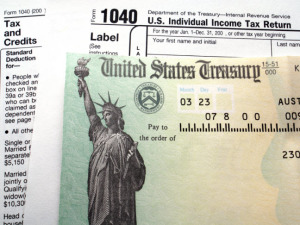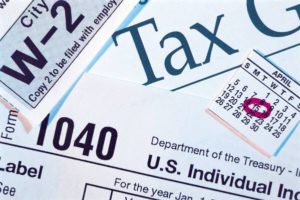 Today’s top story: How to save like a superhero. Also in the news: The best way to pay for your next flight, the big mistake one-third of credit card holders are making, and warnings about Amazon third-party accounts.
Today’s top story: How to save like a superhero. Also in the news: The best way to pay for your next flight, the big mistake one-third of credit card holders are making, and warnings about Amazon third-party accounts.
Save Like a Superhero: Roth IRAs and 529 Plans
Superpowered savings.
Cash or Points? The Best Way to Pay for Your Next Flight
NerdWallet’s 2017 Travel Card Study
The big mistake one-third of credit card holders are making
Stop wasting your rewards.
Beware Hacked Amazon Third-Party Accounts
Watch where you shop.
 Today’s top story: What student loan borrowers need to know about the Navient lawsuit. Also in the news: 5 ways to avoid blowing your tax refund, how to prepare financially for a baby, and spreading your tax refund across multiple accounts.
Today’s top story: What student loan borrowers need to know about the Navient lawsuit. Also in the news: 5 ways to avoid blowing your tax refund, how to prepare financially for a baby, and spreading your tax refund across multiple accounts.  Today’s top story: These 4 tax bills can surprise, but you can be ready. Also in news: Can’t pay your taxes? Here are 6 ways to cope. Why stay-at-home spouses should buy life insurance, and how to avoid blowing your tax refund.
Today’s top story: These 4 tax bills can surprise, but you can be ready. Also in news: Can’t pay your taxes? Here are 6 ways to cope. Why stay-at-home spouses should buy life insurance, and how to avoid blowing your tax refund. Today’s top story: How credit use affects credit scores. Also in the news: Starting a business if you have student debt, how one couple crushed their debt, and how budgeting doesn’t have to suck if you make it a habit.
Today’s top story: How credit use affects credit scores. Also in the news: Starting a business if you have student debt, how one couple crushed their debt, and how budgeting doesn’t have to suck if you make it a habit. Today’s top story: 6 late-filing tax mistakes you need to avoid. Also in the news: Why paying taxes by credit card probably isn’t a good idea, collection agencies are getting another shot at your back taxes, and filing a tax extension to buy more time.
Today’s top story: 6 late-filing tax mistakes you need to avoid. Also in the news: Why paying taxes by credit card probably isn’t a good idea, collection agencies are getting another shot at your back taxes, and filing a tax extension to buy more time.